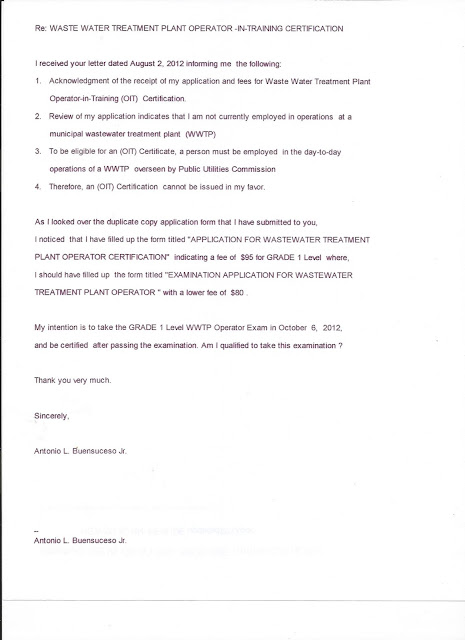Shell boss defends Alaska project as ice halts drilling
Oil chief dismisses fears of another Gulf spill after huge floe forces drill ship to move
Terry Macalister, energy editor: Sunday 16 September 2012 17.51 BST
The man at the centre of Shell's controversial drilling programme in theArctic has said he is aware of the responsibility on his head but is convinced the Anglo-Dutch oil group is acting in a fully responsible and accountable way.
Speaking after a huge ice floe forced drilling 70 miles off the north-west coast of Alaska to be temporarily halted, Peter Slaiby, vice-president of Shell Alaska, insisted that the company had learned from theDeepwater Horizon disaster.
"We are raising the bar in the way we have been working with local communities," he said. "We have made 450 different trips to consult and listen to any concerns. We believe the way we are doing this is important – not just for Alaska but for the wider Arctic region."
Shell has spent more than $4.5bn (£2.77bn) over four years preparing for work in the Chukchi and Beaufort seas, off the state's west and north coasts, but has faced legal action, post-Deepwater Horizon drilling bans and a very short summer weather window.
The Chukchi operation finally started eight days ago, on Sunday 10 September, only to be halted almost immediately by the threat of the ice floe, 30 miles long and 12 miles wide, heading towards the drill ship.
The disruption triggered a call from Greenpeace for Shell to end its activities completely. It also precedes a report into what Britain should do to safeguard the Arctic, which is scheduled to be released on Thursday by a House of Commons select committee.
Environmentalists say a spill similar to Deepwater Horizon would be catastrophic in a pristine environment badly affected by climate change and home to threatened mammals such as polar bears, bowhead whales and walrus.
Asked if another major spill would destroy the company's reputation, Slaiby said: "I feel there is a helluva responsibility on my head, but we have clear accountability models. I have the ability to do things in the right way and I have the backing of the most senior leaders in Shell to do things the right way."
The company hopes to have Noble Discoverer, its drill ship, back on station any day now to continue its work, despite demands from Greenpeace and others to call off the operation. Critics have many concerns, from wider fears about new oil production fuelling global warming, to more localised worries that Shell is not as prepared as it claims.
Slaiby, said the company fully understands the impact of carbon on climate change but said oil and gas are still needed to meet growing global energy demand in the near term. "The US Geological Surveysays that about 25% of the world's remaining hydrocarbon reserves are here [the Arctic]. And 25% of those are here in Alaska. Oil and gas are part of the mix, a big part of the energy puzzle, and we have to ensure local communities benefit economically."
As for safety, Slaiby insisted a "very, very robust" oil spill programme had been established to tackle any crisis. He rejected any idea that there could be a repeat of Deepwater, which damaged the beaches of the southern states of the US. "These wells are very, very different from the Gulf of Mexico wells because they do not have the ability to flow at the rate you have in the Gulf: they are shallower. We are not dealing with deepwater wells. The geology is relatively simple and a third of the pressure [can be expected] in the Chukchi … The sea conditions in terms of the wind, waves and currents are not even as extreme as the North Sea, although, clearly, there is no ice in the North Sea."
The decision to move the drill ship once it had started drilling was a demonstration of how careful Shell will be in the event of ice in the region, Slaiby said. However, a freedom of information request by a federal employees group in Washington has shown that only two brief tests were undertaken on Shell's new containment dome designed to prevent oil spewing into the ocean, and there appeared to be no independent verification.
Slaiby, who has worked in the North Sea off Lowestoft in Suffolk, said these revelations gave a misleading picture because Shell had been in meetings over many months with regulators and others about a much wider safety plan. And it had been working for a long time with a third-party contractor and leading drilling safety experts, such as Wild Well Control of Houston.
"We even had the director of BSEE [Bureau of Safety and Environmental Enforcement] out with me looking at the capping stack … I find these charges (of insufficient planning) groundless."
The preparations made by Shell and others have been under review by the House of Commons environmental audit committee which will release its first report, Protecting the Arctic, on Thursday.









 ;
;